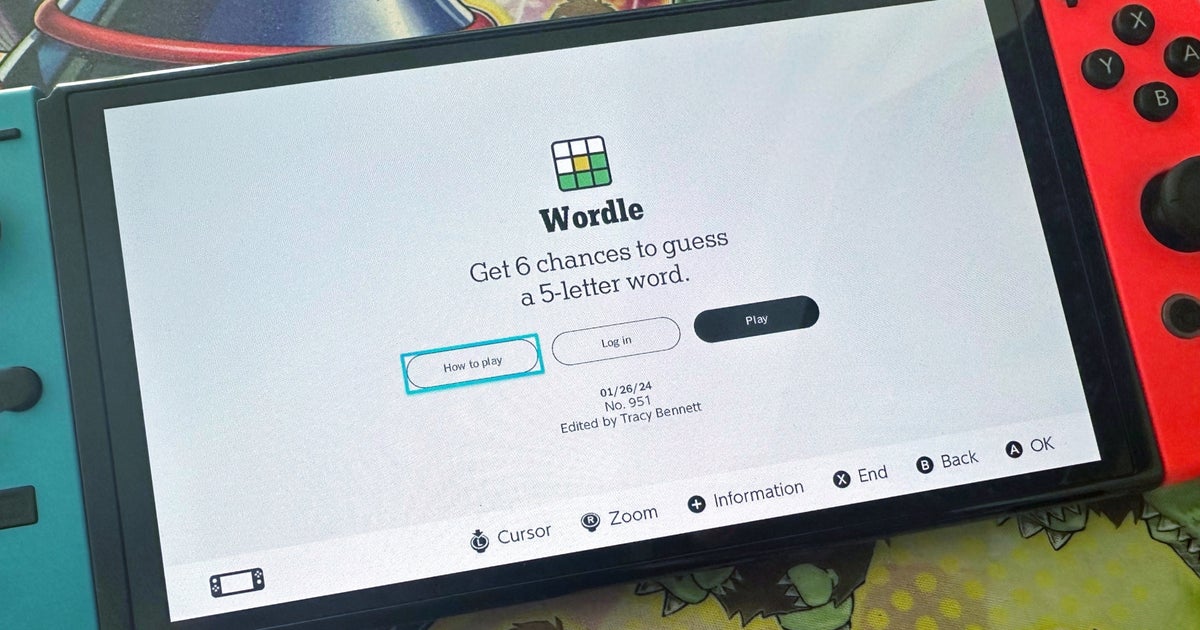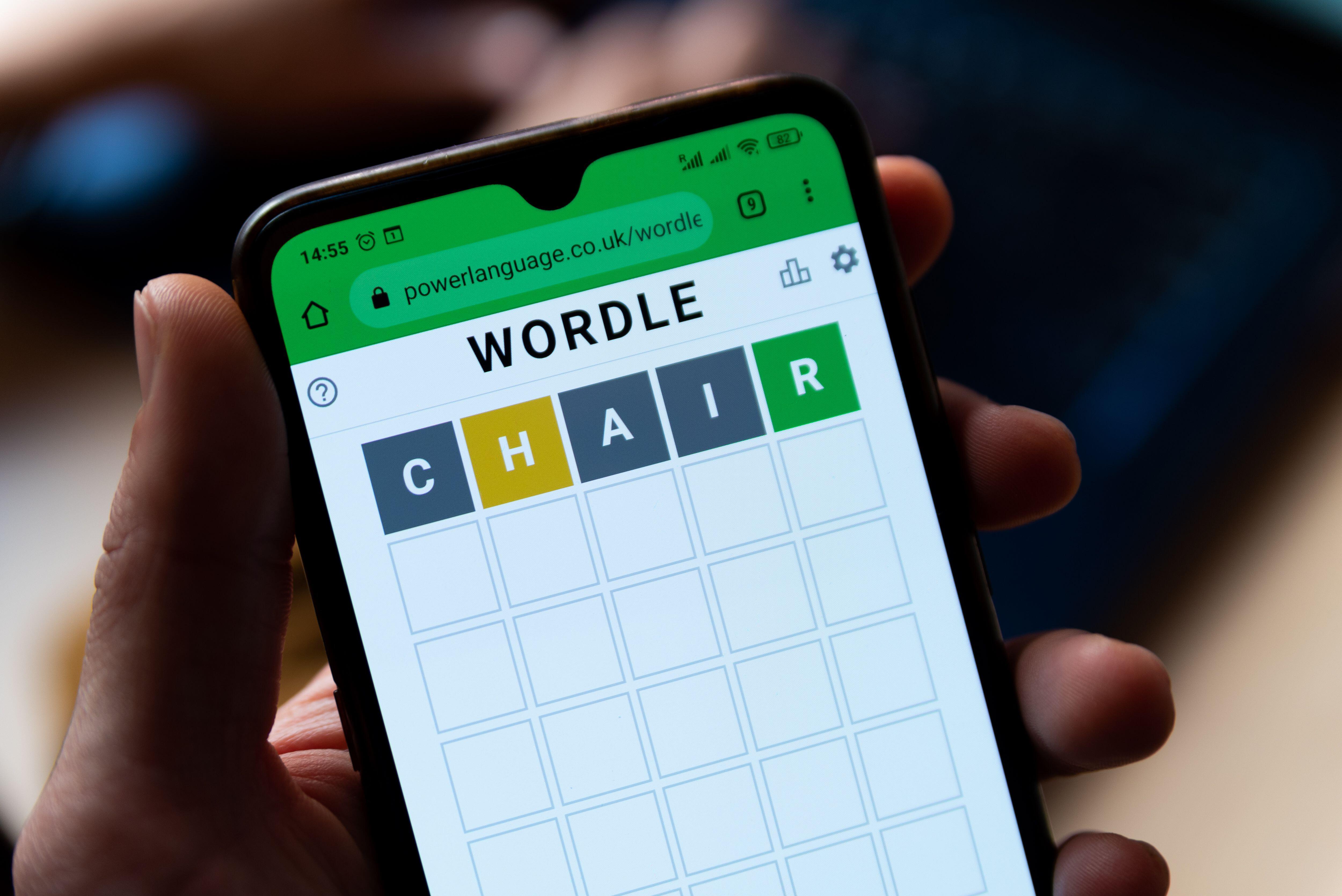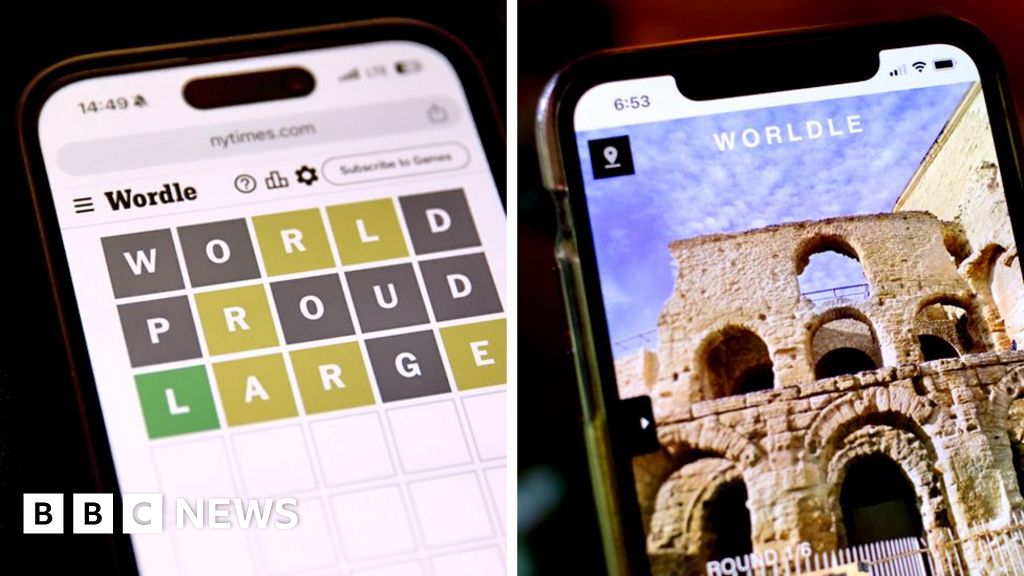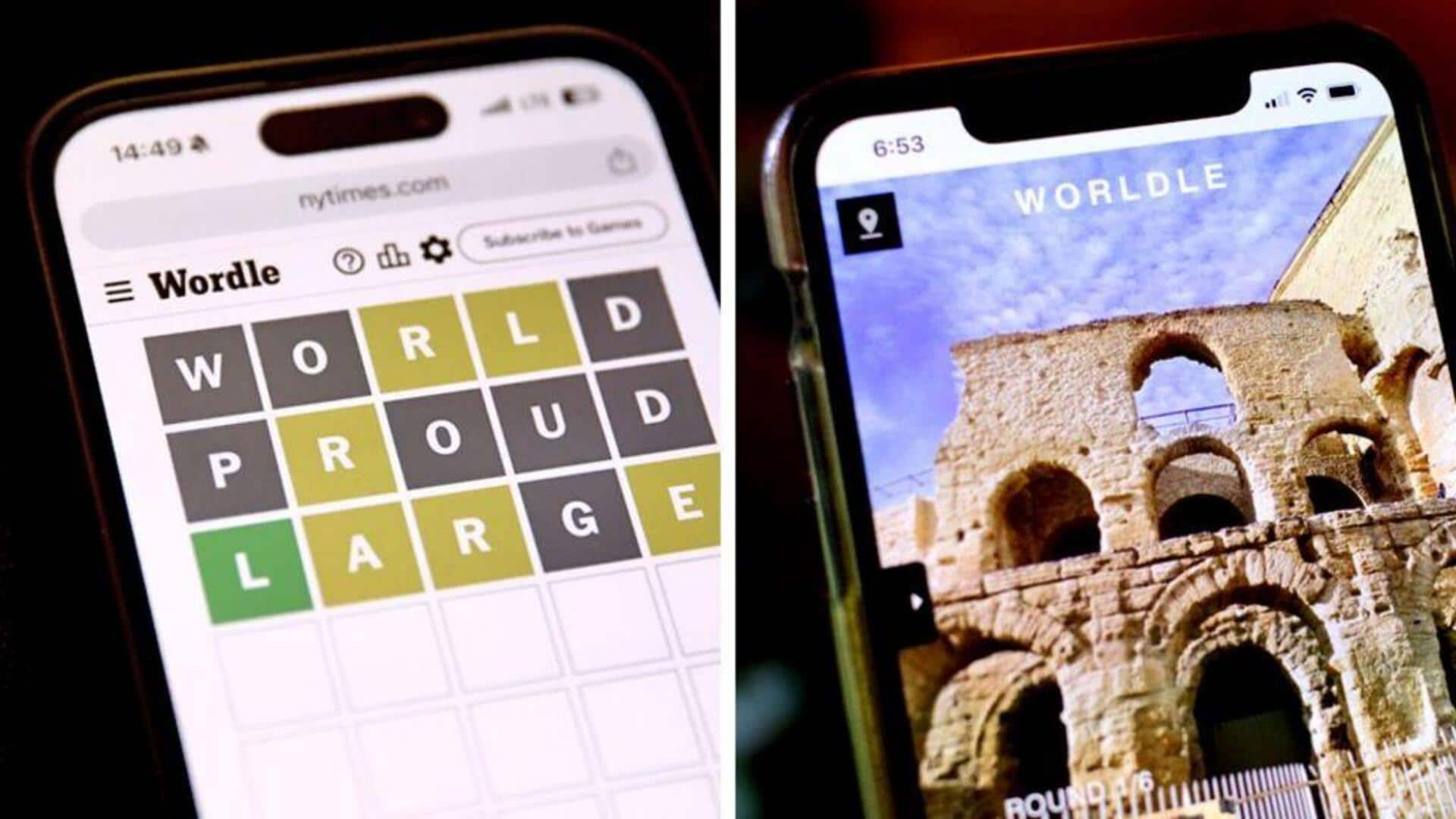
The New York Times, the owner of the popular word game Wordle, is taking legal action against a geography-based spinoff called Worldle. The newspaper giant purchased Wordle for a seven-figure sum in 2022 and claims that software developer Kory McDonald's game is deliberately creating confusion among consumers.
Worldle, which has around 100,000 monthly players, presents users with a silhouette image of a country and allows them six guesses to identify it. The game contains ads and most of the money McDonald earns goes to Google due to the use of Google Street View images.
The New York Times argues that Worldle is nearly identical in appearance, sound, meaning, and imparts the same commercial impression as Wordle. However, McDonald disagrees and points out that there are numerous other games with similar titles in the industry.
In March 2024, The New York Times issued DMCA takedown notices to developers of Wordle-inspired games and around 1900 versions were taken down. This led to a wave of knock-off 'Wordle' games that used the Times' trademark and copyrighted gameplay without authorization or permission.
Google receives most of the money Worldle makes due to the use of Google Street View images. The creator chooses a new country every day for a new game, making it an exciting challenge for players.
The New York Times' legal action against Worldle is not the first time it has resorted to courts to protect its prize game. In March 2024, a Shetland dialect version of Wordle was forced to shut down following a copyright challenge from the publishing group.
Prof David Levine, a copyright expert at Elon University School of Law, suggested that the one-letter difference between the two names might be problematic and there are other aspects of potential consumer confusion. However, McDonald remains optimistic and is determined to fight the lawsuit.





